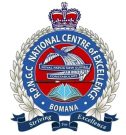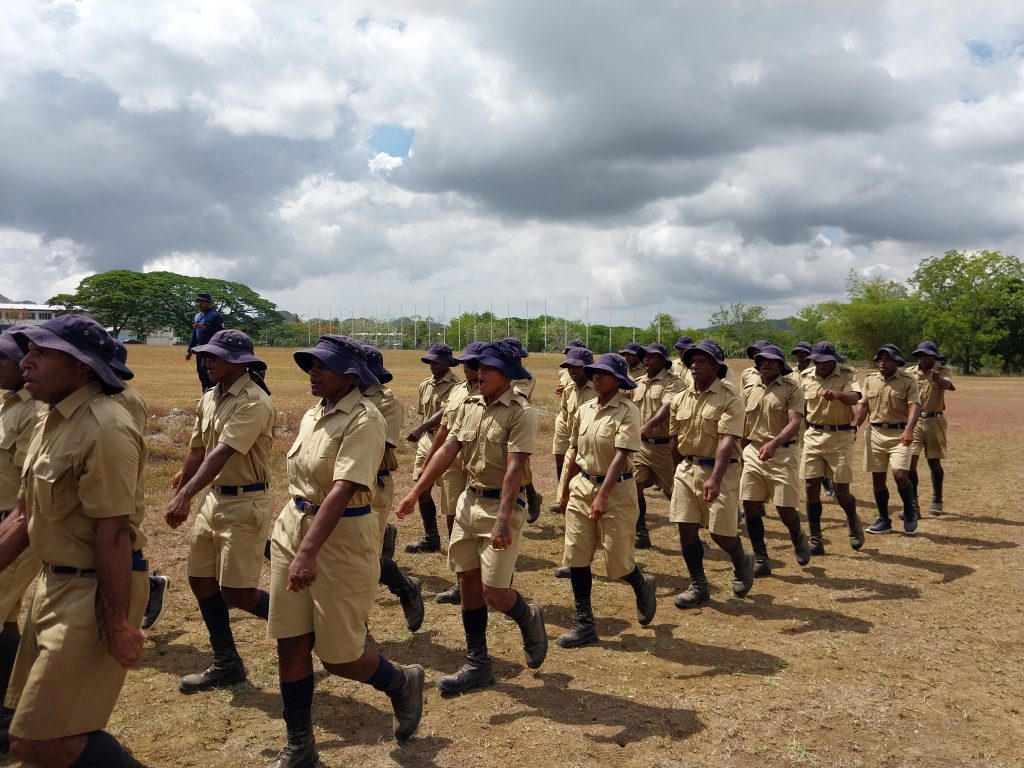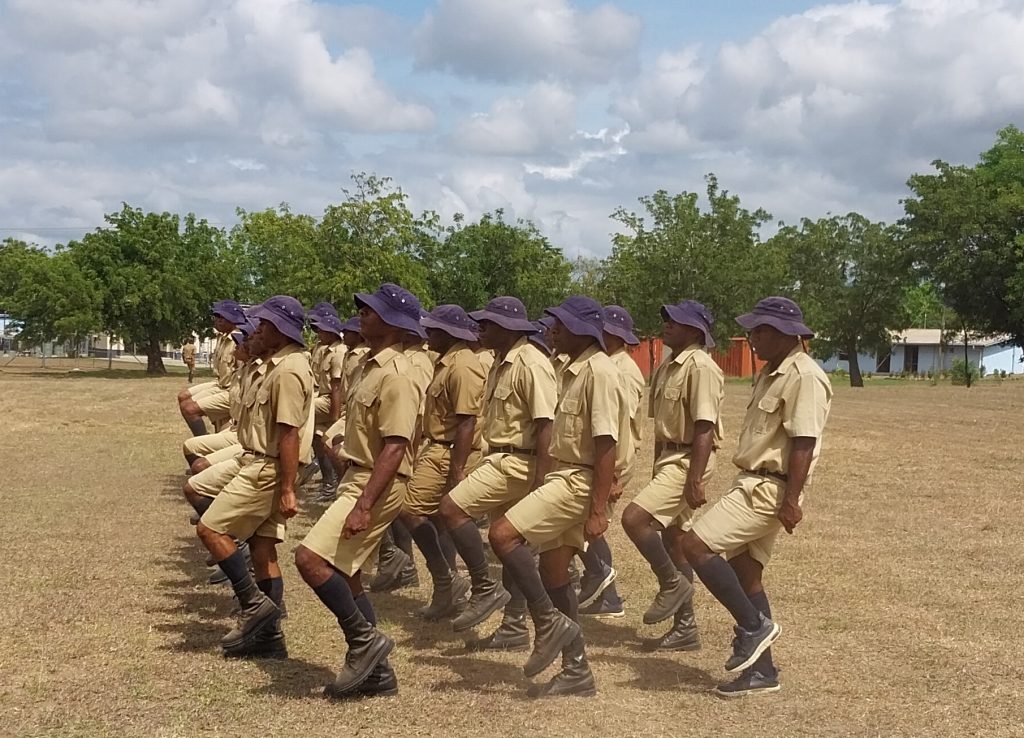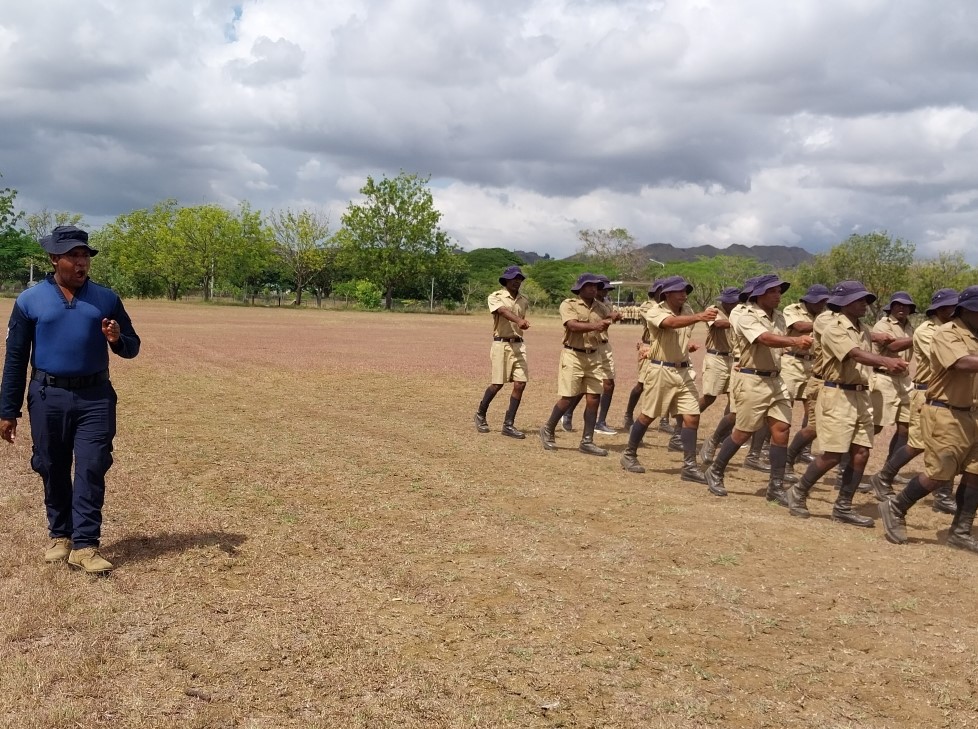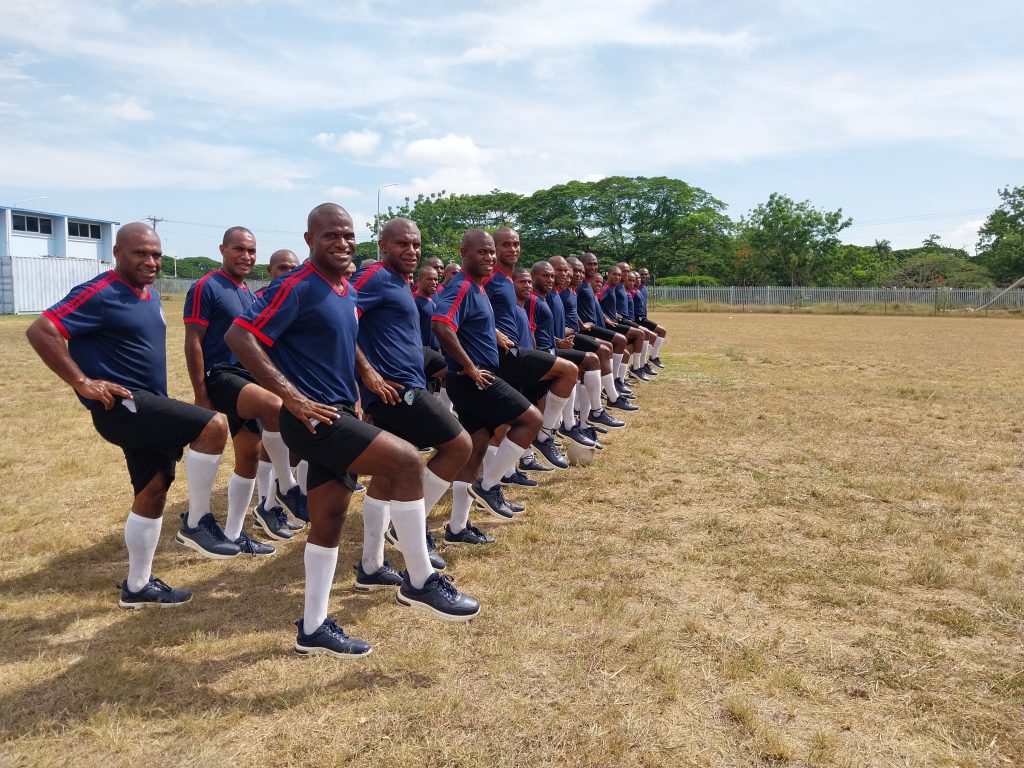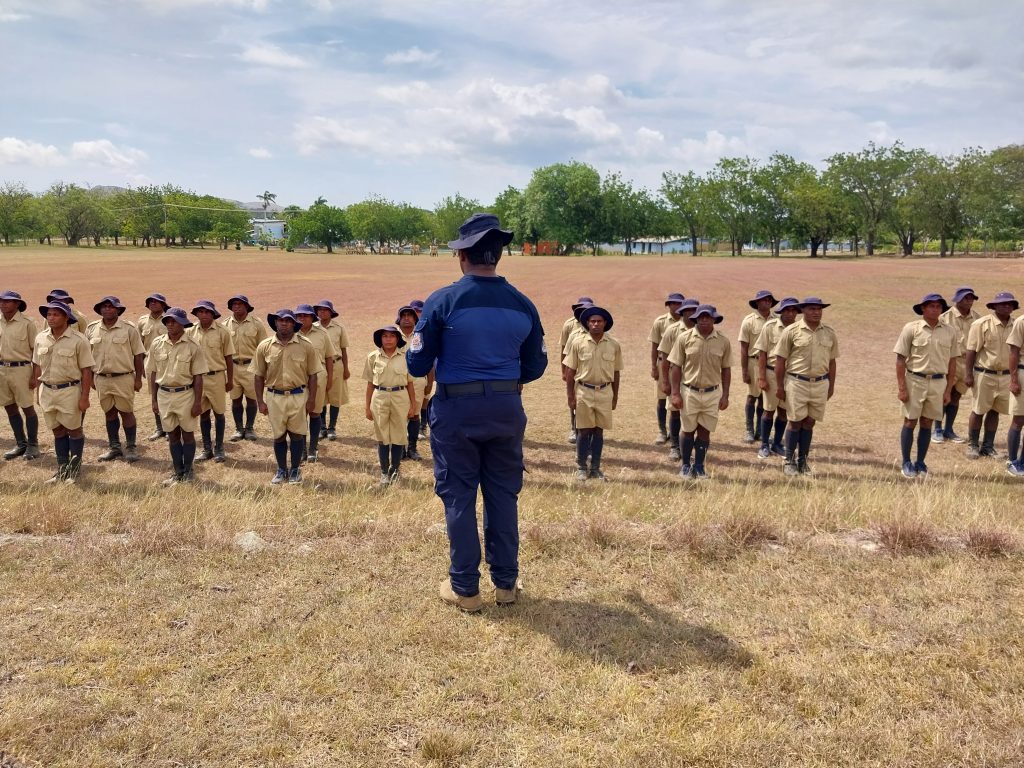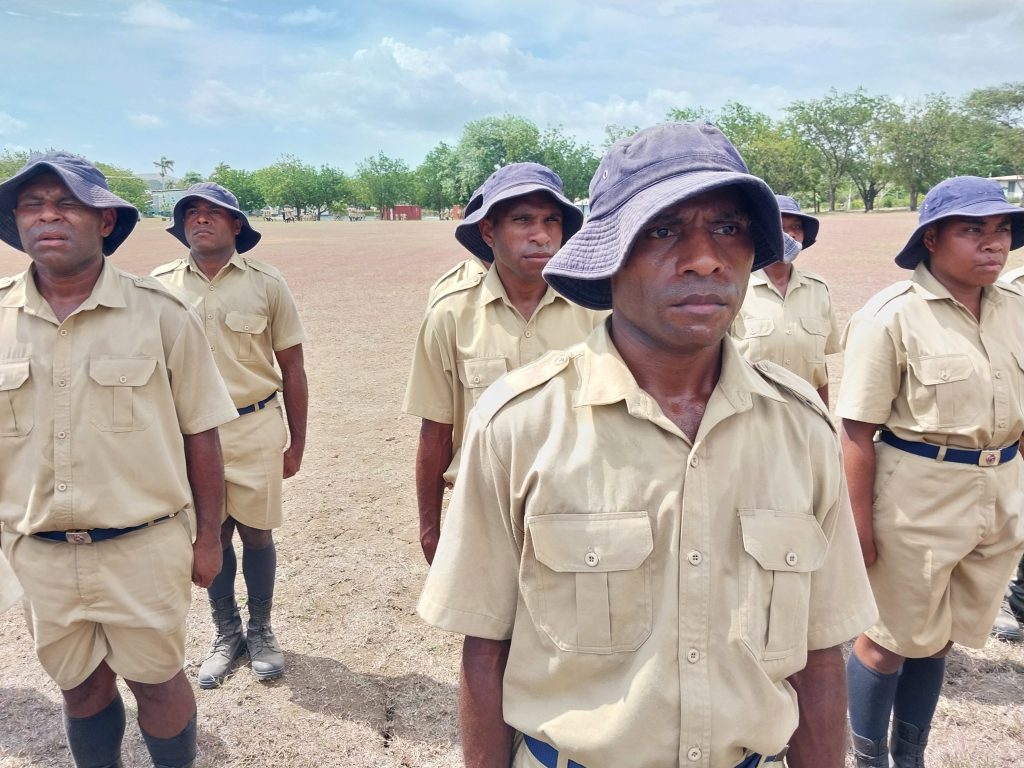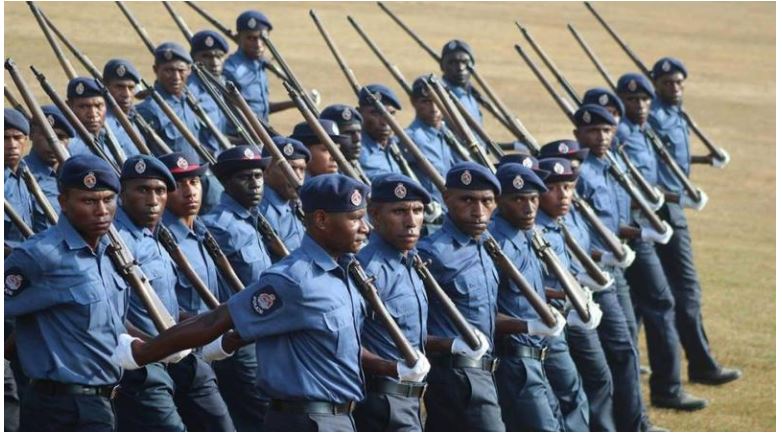National Center of Excellence (NCoE) - Bomana. Royal Papua New Guinea Constabulary.
Welcome to the National Center of Excellence (NCoE) – Bomana, a distinguished institution formerly known as the Bomana Police College, dedicated to shaping the future of law enforcement in Papua New Guinea. Nestled amidst the lush landscapes, this center stands as a beacon of excellence, committed to training and nurturing the next generation of police recruits and cadets.
Welcome to the National Centre of Excellence, formerly known as the Bomana Police College.
History of the Royal Papua New Guinea Constabulary & Bomana Police College
The history of the Royal Papua New Guinea Constabulary (RPNGC) dates back to the late 19th century, when the Australian colonial administration established the Royal Papuan Constabulary as part of setting up Papua. The New Guinea Police Force, which covered the former German and British New Guinea, was also established by Australia during World War I and formalized as part of the League of Nations mandate in 1920.
During World War II, the RPNGC played a crucial role in resisting the Japanese occupation of New Guinea. After the war, the two colonial territories were gradually amalgamated, leading to the merger of the Royal Papuan Constabulary and the New Guinea Police Force. This structure was retained after Papua New Guinea gained independence in 1975, and the name was changed from Royal Papua and New Guinea Constabulary to the present name with the removal of the “and” in 1972.
Link to more information: Royal Papua and New Guinea Constabulary – The Insignia’s (google.com)
The Bomana Police College is now officially called, “Bomana National Center of Excellence.” Police Training was at Kila Police Barracks and then in 1963 transfered from Kila Police Barracks to Bomana Police College.
[Extract Page 11, Paragraph 4] The administration then advertised the position of controller of the Corrective Institution Branch and selected Malcolm English, who was appointed on 8 February 1956 and took up the position in January 1957 (PNGNA, Box No. 9002, Series No. 822, File No.1-I-I, Cleland 1956). Many colonial prison officers were recruited and some indigenous policemen were transferred to the new branch. Some indigenous warders were recruited as well to commence training with the police recruits at Kila Kila Police Training Depot and later were transferred to the Bomana Central Corrective Institution in 1963 (Townsend 1933, p. 422; Strathem 1975, pp. 1-30; and Australia, Parliament 1966, p. 152).
Bomana National Center of Excellence - Recruitment 2023
Being a policeman/woman is a higher calling. It is a call to serve the people. It is about respecting the public.
John Kolopen — ACP Training
Overview
The Bomana Police National Center of Excellence (NCOE) trains young Papua New Guineans to become Law Enforcers within the Royal Papua New Guinea Constabulary giving these young officers basic Policing Skills that will equipe them to serve their country better when they graduate into various section commands within the Constabulary. Training of Police Recruits and Cadet Officers is segmented as follows; Recruits will training for 9 months on campus and 18 months in the field, whilst Cadet Officers will take three (3) years to complete their training. See details below.
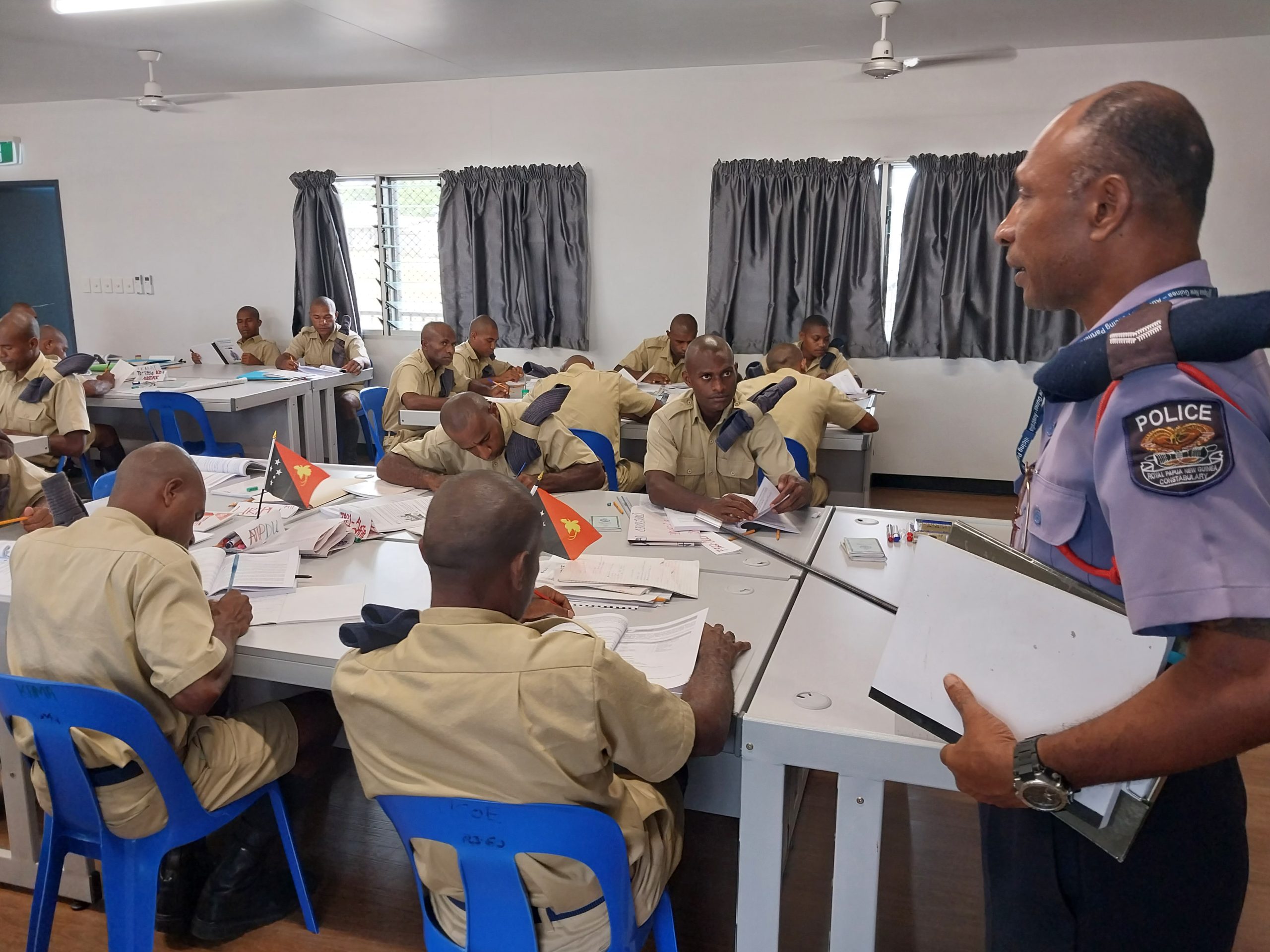
Community Policing
Term 1: The first phase of training for Recruits is Community Policing. This is ideally the most important aspect of their training as this will be their foundation of learning basic Police Duties. After this training term which last for 3 months, Recruits go for "On the Job Training - OJT" where Recruits are posted to Police Stations within NCD.
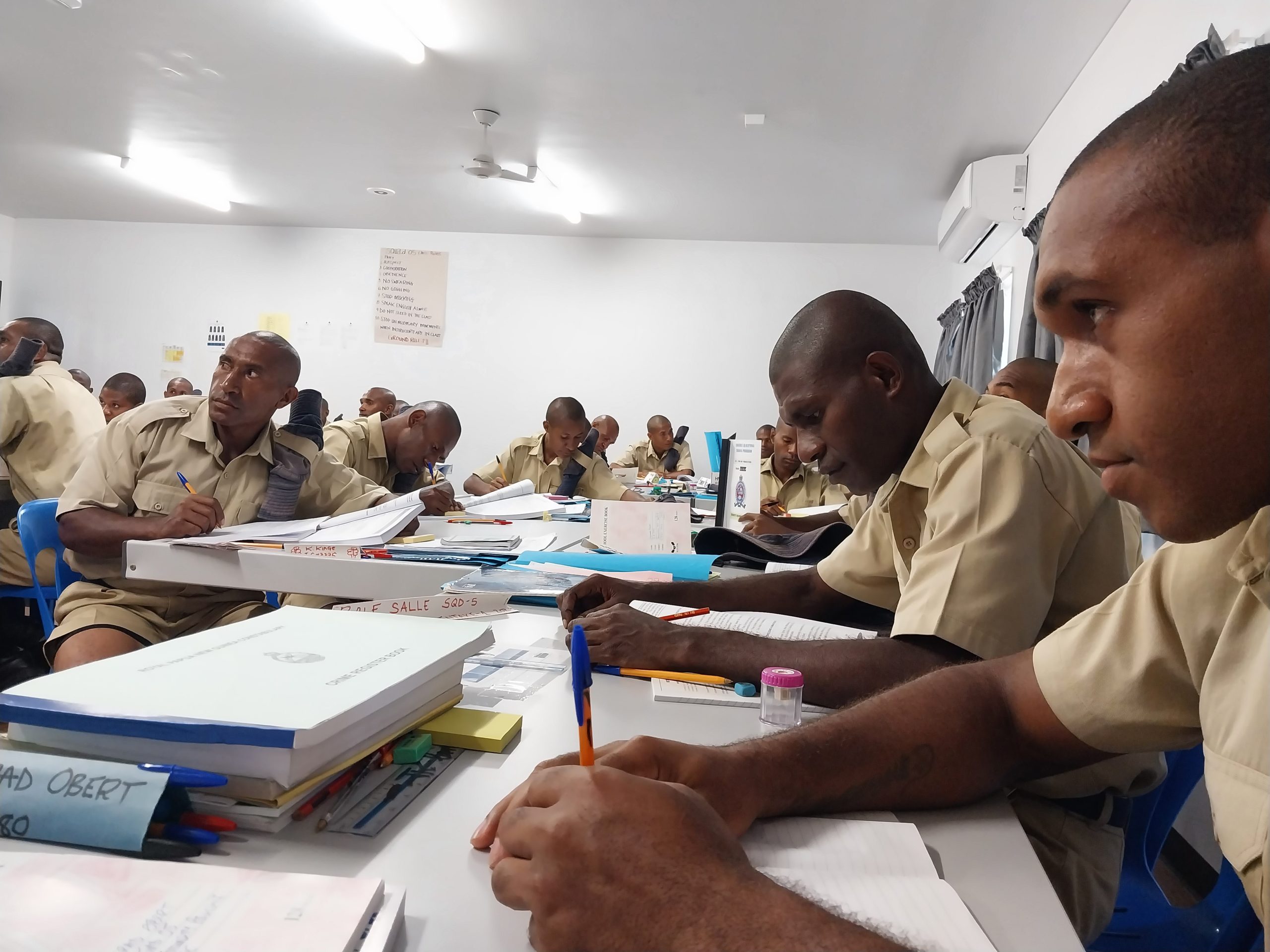
Prosecutions
Term 2: The second phase of Police Recruit Training is Prosecutions. This is where new Police Personnels learn to prepare court cases and submit to court for prosecuting offences. After this training term which last for 3 months, Recruits go for "On the Job Training OJT" where Recruits are posted to Police Stations within NCD.
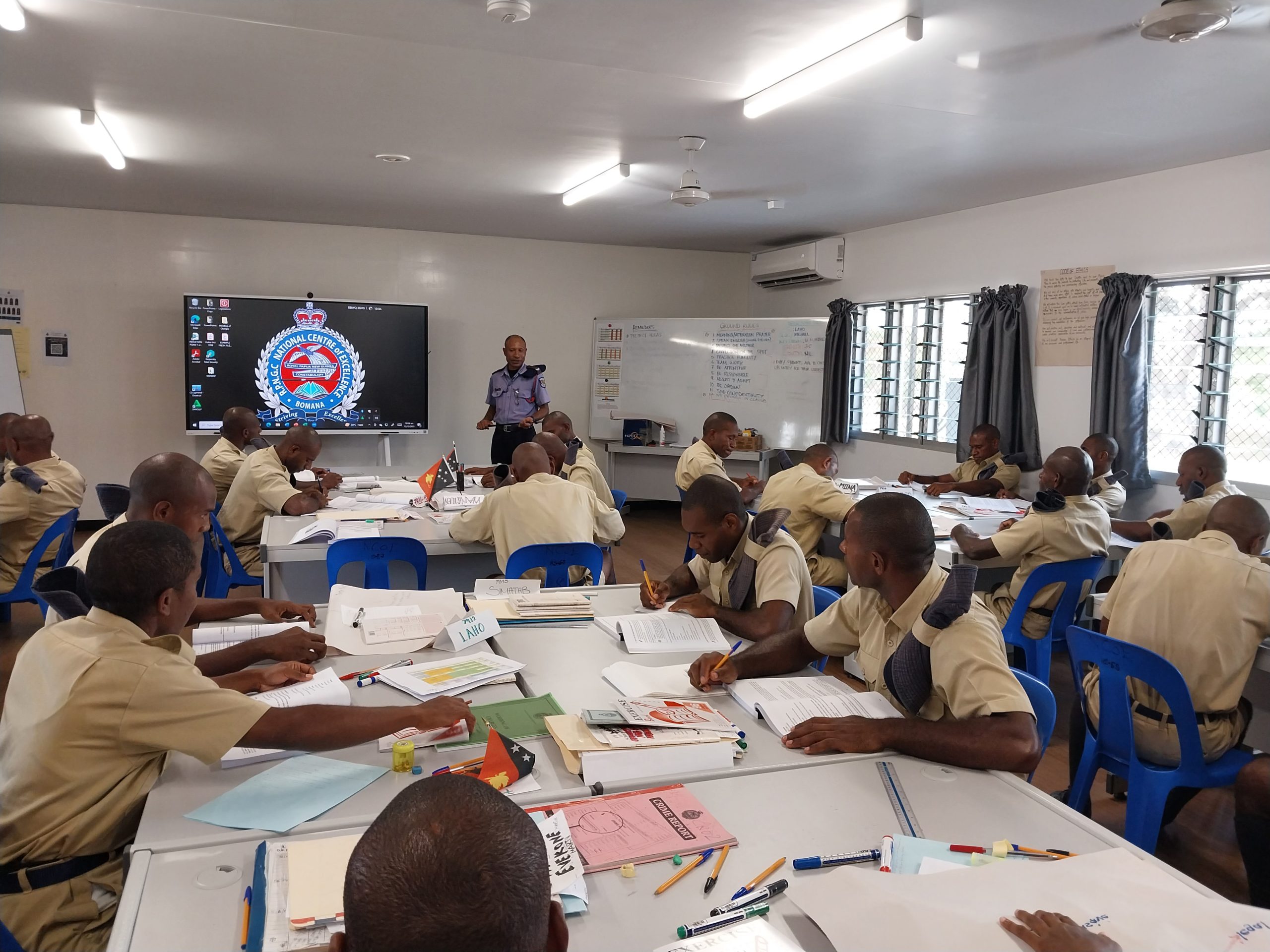
Investigations
Term 3: The last phase of Recruit Training is Investigations which is a crucial part of any new recruit undergoing Police Training as this will give them the grounding to critically conduct investigations. After this training term which last for 3 months, Recruits go for "On the Job Training OJT" to Police Stations within NCD.

Cadet Year 1
The first phase of Cade Training is Basic Recruit Training.
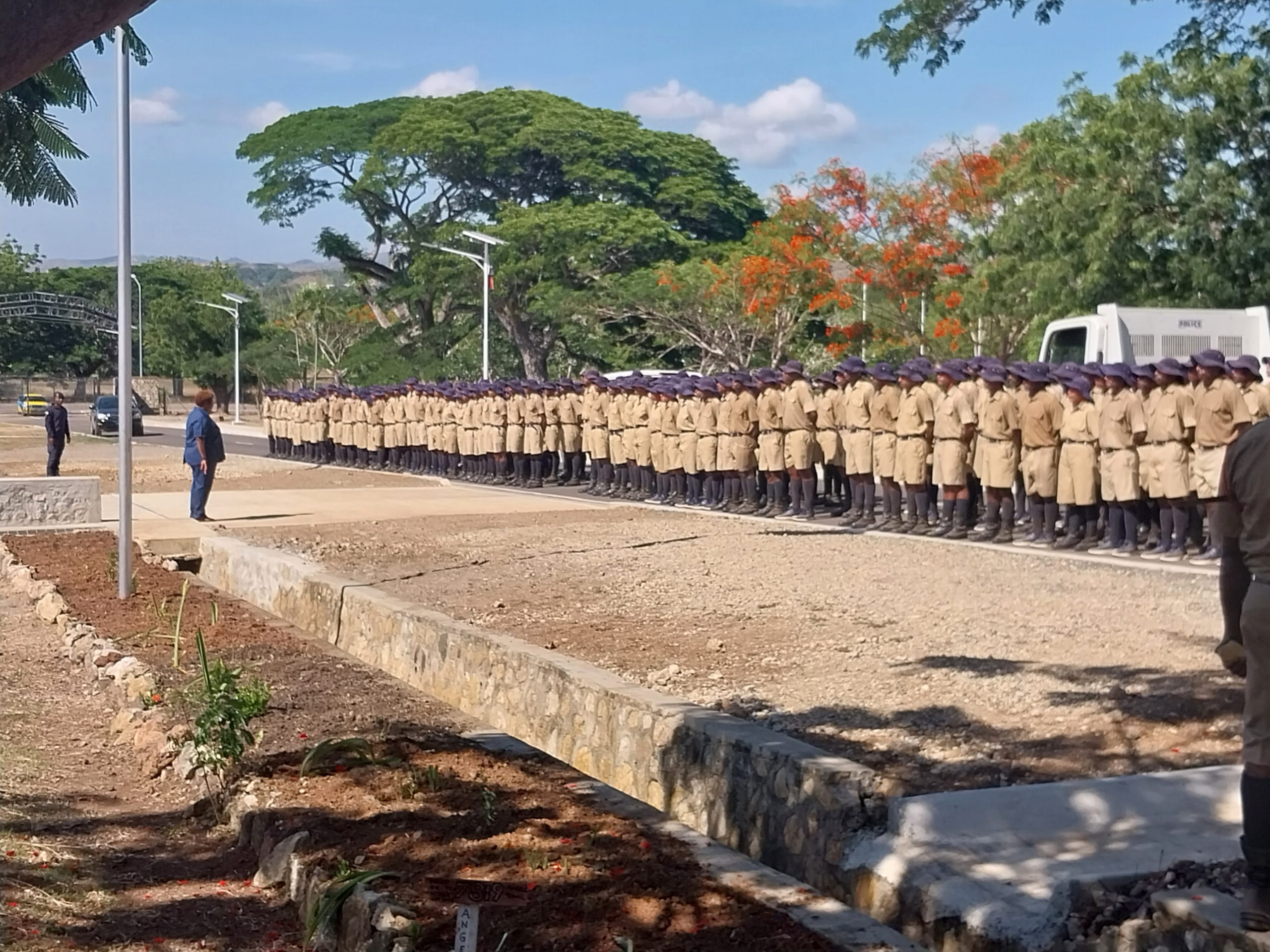
Cadet Year 2
The second phase of Cadet Training is Management based.
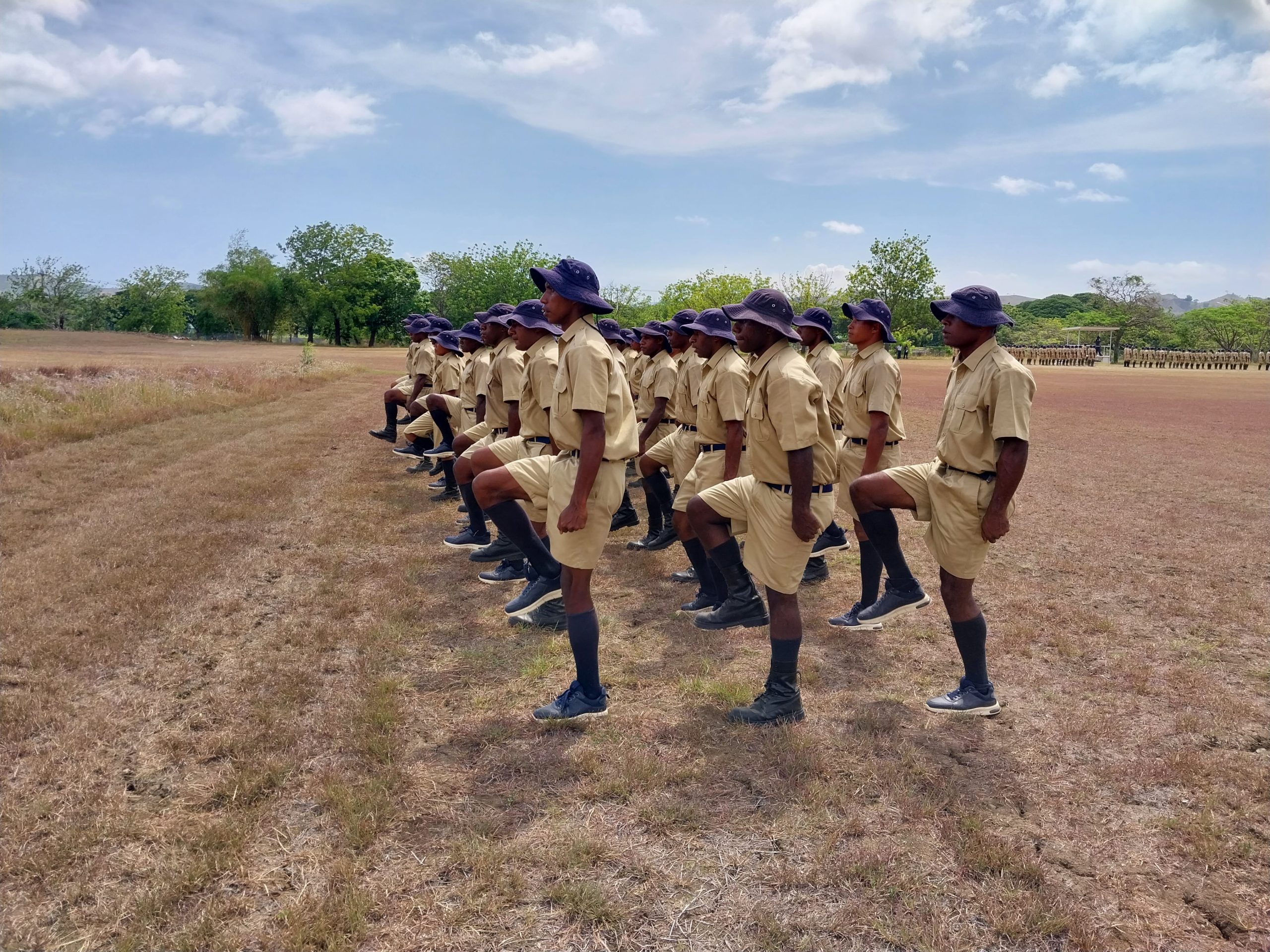
Cadet Year 3
The third part of Cadet training is all about Command & Control.
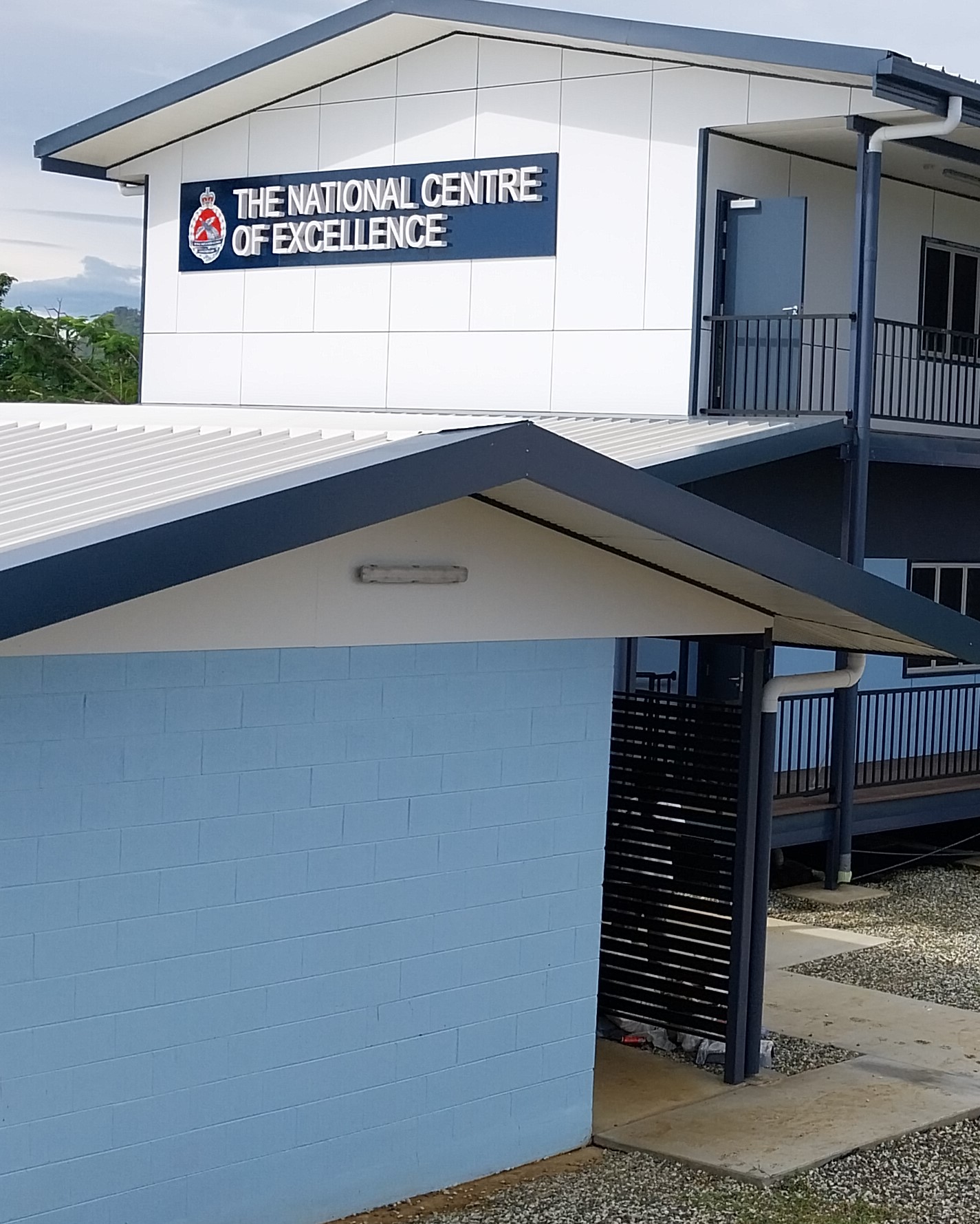
Recruits Training Program
Recruits 27 Months of Training
In order for a Recruit to become a full constable, they will start training by undergoing 9 months of intensive training on areas such as Marching Drills. Basic Firearm SAS, Computer Skills, First Aid, Community Policing, Prosecution and Investigations.
Three (3) Phases of Training
Term 1 - Community Policing Term 2 - Investigations Term 3 - Prosecutions - These are covered by Recruits during their 9 months training.
Deployment & Assessment
CAP Program: After 9 months training, Recruits pass out from Bomana as Probational Constables (PC) and are deployed to various Police Stations around the country for 18 months. Once this term is over, they are required to sit for the CAPS exam to become full constables.
